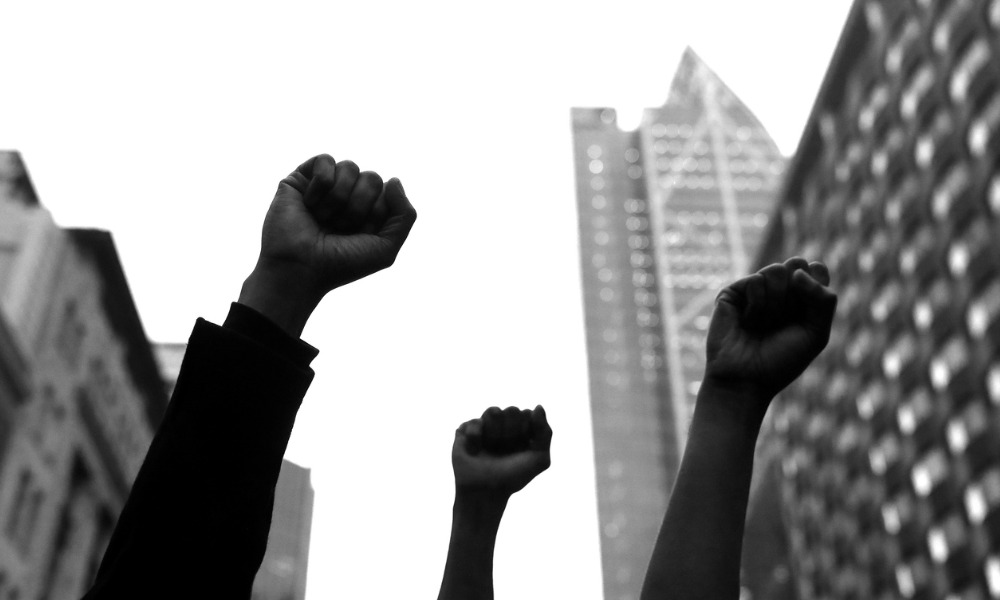Plan highlights urgent need for increased social housing

A housing advocacy group in Montreal is calling on the Quebec government to drastically increase the province's supply of social housing over the next 15 years amid escalating rental costs.
The Front d'action populaire en réaménagement urbain (FRAPRU), which represents housing committees and citizens' associations, wants Quebec to double its share of social housing units to 20% of the total housing stock by 2038.
"In the past, we were already willing to say we need to increase the share (of social housing) to meet the needs of low- and modest-income tenant households, many of whom were already spending too much of their income on housing,” FRAPRU spokesperson Véronique Laflamme told The Canadian Press. “But there's an added urgency that's been building up over the last few years, with the shortage of rental housing and rising unaffordability. Rents are rising fast everywhere.”
To meet its target, FRAPRU is urging the government to acquire or construct 10,000 new social housing units annually for the next 15 years through non-profit organizations (NPOs), housing cooperatives, and public housing authorities like HLMs.
"To achieve this, we need programs that are adapted both to new construction and to getting still-affordable rental properties off the market. We're getting a perspective with targets and the means to get there,” Laflamme said.
She emphasized that 10,000 units per year should be considered "a minimum," not an end goal.
"At all levels, cities, the Quebec government and the federal government are telling us that we need to build to get out of the crisis," added Laflamme. "But the observation we're making, which is being made just about everywhere, is that if we build anything at all, we won't get out of the crisis. If the solution is simply to build new private housing, we're going to increase the problem of unaffordability.”
Read next: Federal government reveals largest co-op housing program in 30 years
FRAPRU said that without a major expansion of non-profit housing, low-and-moderate income renters will continue to face displacement as market rents become increasingly unaffordable.
Canada Mortgage and Housing Corporation (CMHC) data showed vacancy rates remain extremely low in Montreal at 1.5% and Quebec City at 0.9% as of 2023.
"We need to ensure that there is a minimum level of non-profit housing construction, on which no one is making a profit, to meet the needs of low- and modest-income households, who are the hardest hit by this crisis and who are often already one step away from homelessness," Laflamme said.
FRAPRU anticipates a challenging July 1st, a typical moving day in Quebec, due to the ongoing housing shortage and rent increases.
Laflamme expressed concerns about normalizing precarious housing situations and the increasing demand for rehousing services.
"We must not forget that, even though the housing search is very difficult, there are all these households living in situations of poor housing, in housing that is already too expensive, in housing in poor condition, in housing that is too small for their family, who have no alternative and who remain in their housing for fear of ending up on the street," she said.
"There are no longer many regions that are spared this phenomenon of tenant households at risk of homelessness as July 1 approaches," Laflamme noted, adding that even smaller cities like Trois-Rivières, Granby, Sherbrooke, and Rimouski are now affected by the crisis.
Make sure to get all the latest news to your inbox on Canada’s mortgage and housing markets by signing up for our free daily newsletter here.



